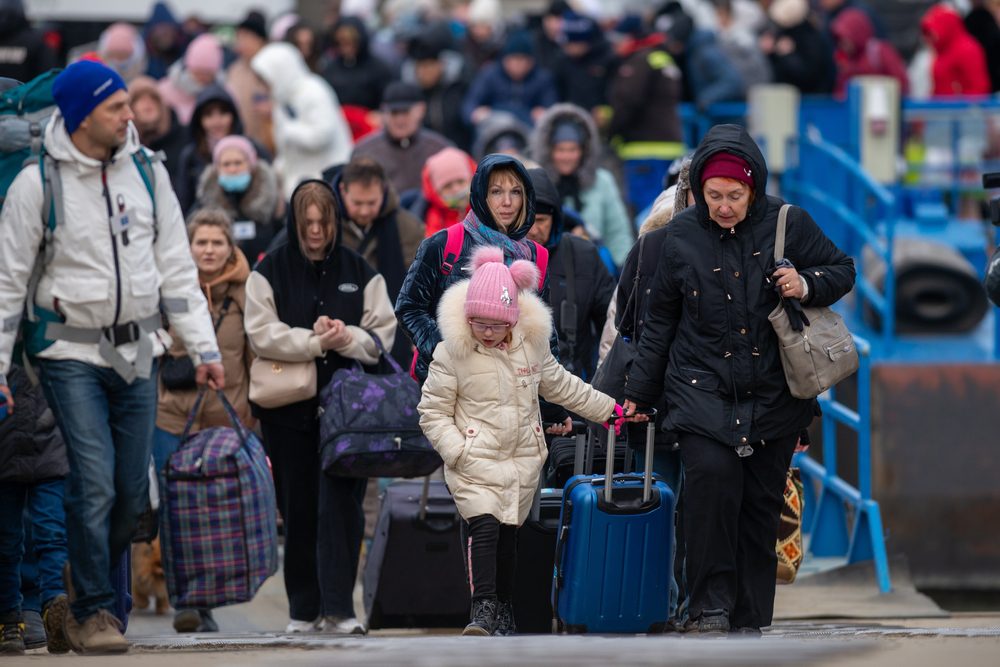
Under the current Czech presidency of the European Union, the issue of the distribution of migrants between member states is back on the agenda. The Czech Republic is working on a new plan that aims to return immigration quotas to Member States after a threshold of between 5,000 and 10,000 migrants has been met.
Since 2015—and the massive arrival of migrants on European soil from Syria, then Afghanistan—there has been increasing controversy and dissension between Member States over the reception policy to be implemented. Plans for the compulsory distribution of migrants have come up against the firm opposition of Eastern European countries, mainly Hungary and Poland.
The Czechs, in the working document, are proposing to set a minimum reception threshold per country—5,000-10,000 migrants—with, of course, the possibility for willing states to receive more. The intention is that all must be done on a voluntary basis: no obligation, and no coercive policy in sight.
Today, EU law allows asylum seekers to apply for the status of refugees in the country of arrival, even if they then move on to another country of destination. The new plan would provide for ‘flexible solidarity’ combined with ‘flexible responsibility,’ allowing states to choose whether or not to receive asylum seekers, and it would provide financial support to countries facing a mass influx of refugees. Exceptions would be considered if the number of volunteers to welcome the coming migrants was not sufficient.
The political objective is to find a difficult balance between states with widely diverging interests: “We are looking for a balanced compromise that will be acceptable to the Visegrad countries and the southern states,” said Czech Interior Minister Vít Rakušan.
According to Politico, Mediterranean countries, which are usually the first to be affected by waves of migrants, have so far come out in favour of the new plan. Destination countries, such as Belgium and the Netherlands, are more reluctant. The European partners want more details before committing themselves.
The Czech presidency, which is working to recast the reception plan, wants it to complement a policy of harmonising the granting of visas with the Balkan countries that are not part of the EU. A large number of people from countries such as India, Tunisia, or Burundi—exempt from having to have a visa to enter Serbia, unlike the other EU countries—have recently entered the EU illegally and it is therefore important for the EU to regulate these entry channels. Belgium is currently experiencing a massive influx of migrants from Serbia, resulting in a deep ‘humanitarian crisis.’ The Serbian government has already promised to adapt its visa policy to that of the EU by the end of the year.
For the time being, the Czech plan is still a working hypothesis and has not yet been officially transmitted to the interior ministers of the member states. The aim is for the draft to reach them by December.
